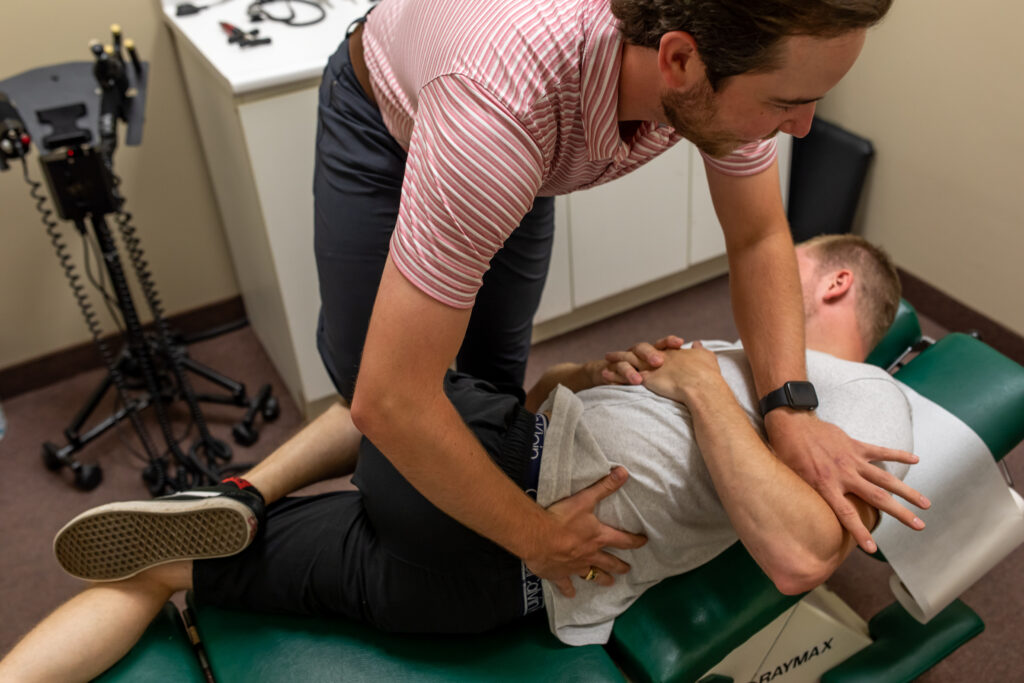
It is no surprise that being in pain can affect our mental state, but to what extent? We know that we feel down when suffering from bouts of pain, but what happens when the pain does not go away? These are questions that are easy to avoid, but important to address and think critically about. The relationship between pain and mental health is one that can affect everyone, and though this blog will reference specifically low back pain we should keep in mind that pain anywhere in the body can affect one’s mental well-being.
A 2017 study conducted by a joint research team in Toronto took a deeper dive into the correlation between physical health and mental health. The study looked at over 1000 young adults and asked them about their mental health, severity of back pain, and their level of somatization—which is how much they physically display emotion or stress. The study found that there is a direct correlation between one’s level of depression and their level of pain (in this case, specifically low back pain). Those with significant amounts of low back pain were also found to have much higher rates and severity of depression. Also associated was the level in which they express their emotions, or their level of somatization. They found that those who had low back pain and depression were much more likely to physically display their physical and mental pain through things like being hunched over, avoiding eye contact, or shuffling when walking, to name a few.

Let’s break some of this down. By reading this study we know that people who are in constant pain (in this case low back pain) are more likely to have depression than those who are in little-to-no pain. This can be a bit of a chicken-or-egg type of relationship; is the person who is depressed more likely to develop low back pain because of their depressive habits? Or is the person who has low back pain more likely to develop depression? We cannot say for sure, but we can recognize that the relationship goes both ways and that one can certainly cause the other.
Chiropractors historically have been stereotyped as dealing with only low back pain; and this may be for good reason, given the long history of documented success in treating low back pain and injury through chiropractic care. We can immediately apply that stereotype to this study and recommend chiropractic care for those who are dealing with low back pain, assuming the patient can be treated safely. It’s logical to then consider the possibility of avoiding depression that could have developed because of constant low back pain. Now, that does not mean chiropractic can cure depression (though studies are beginning to look into that); it simply means that if chiropractic care can resolve a patient’s low back pain, it can then interrupt the potential development of depression.
I mentioned the stereotype of chiropractors only dealing with low back issues because I think it is important to apply this study to a broader field of pain. We can safely assume that this study focused on the effects of being in constant pain, it just happened to focus solely on low back pain. What about the patient who can’t turn their head because of their constant neck pain? Or the patient who has pounding headaches every day? Or the patient who is self-conscious about their posture? Though none of these were investigated in the study, I would say these are problems that could lead to depression and are problems that can also be treated through chiropractic care.



